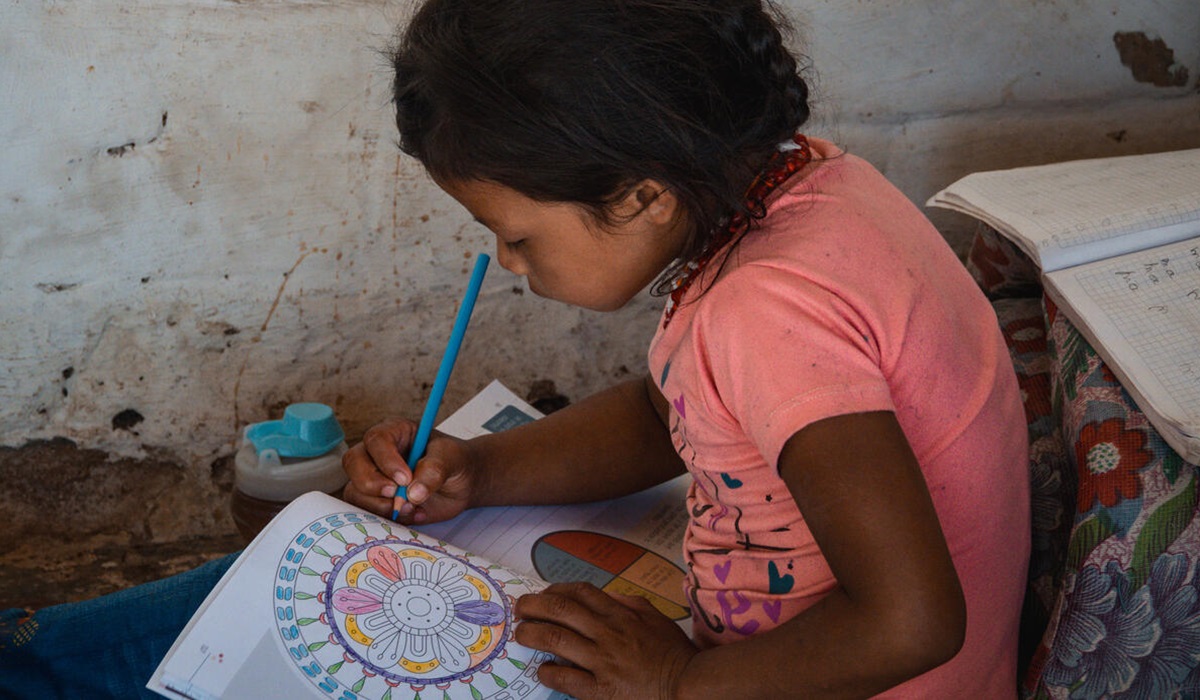Image Credit, NRC
In a troubling escalation of violence, more than 7,500 students, teachers, and school staff in Colombia have been caught in the crossfire of armed conflict between January and July 2024, according to a new report by the Norwegian Refugee Council (NRC). The NRC is urgently calling on all armed groups to stop disrupting education, highlighting the catastrophic impact these attacks have on Colombia’s youth and their future.
“Imagine your class being interrupted by the sound of bullets hitting the school walls, and your teacher telling you to lie on the floor for safety,” said Giovanni Rizzo, NRC’s Country Director for Colombia. His stark description reflects the reality faced by thousands across the country, as violence has infiltrated classrooms and learning spaces in at least 10 of Colombia’s 32 departments.
Rizzo stressed the immediate need for all armed forces and groups, whether military or insurgent, to respect schools and their surrounding areas, ensuring they remain sanctuaries for learning rather than battle zones. “Schools must not continue to be scenes of violence and terror,” he emphasized.
The NRC data reveals a significant uptick in attacks on education, rising from 107 incidents in the first seven months of 2023 to 125 during the same period in 2024. Many of these incidents involve the military use or occupation of schools, along with the presence of anti-personnel mines and explosive devices in or around educational facilities. There have also been disturbing reports of forced child recruitment during students’ journeys to school.
One of the most affected areas is the Cauca department in southwest Colombia, where attacks on education have tripled in 2024 compared to the previous year. Ongoing violence by armed groups and stalled peace talks with the government have plunged the region into turmoil, making schools a frequent target. Cauca accounted for nearly 30% of all reported attacks on education in the country this year.
A teacher from the municipality of Argelia in Cauca described the harrowing conditions: “Right now, a helicopter is firing near the Sinai village. The clashes have been constant. It sounds horrible, the bombs are loud. It’s terrible. The same thing is happening in other [educational] sites.”
Despite the efforts of national and local authorities, nearly 90% of reported incidents remain unaddressed, leaving students and teachers vulnerable. The NRC is urging increased attention to the safety of educational staff and students, psychological first aid, mine risk education, and infrastructure repairs to make schools safer.
Rizzo also pointed out that the path to peace in Colombia is intertwined with the protection of education. “The willingness of all armed actors for peace must also be measured by the reduction of their attacks on education,” he said, underscoring the importance of safeguarding learning spaces for the country’s future.
International support is crucial, with the NRC highlighting that only $6.2 million of the $16 million requested to address education needs has been provided. Much more is required to help those affected by the conflict and ensure that education can continue in safe conditions.
As the International Day to Protect Education from Attack approaches on September 9, the NRC’s report serves as a stark reminder of the ongoing challenges faced by Colombia’s students and educators, and the urgent need for action to protect their right to learn.









